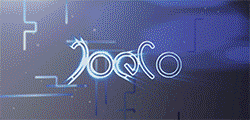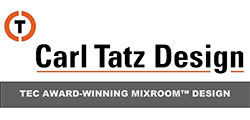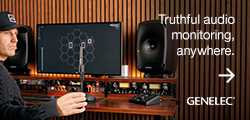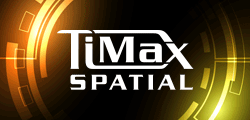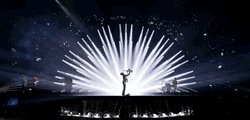Studio Technologies has announced the ‘simple, yet high–performance’ Model 5482 Dante Bridge for ‘bridging’ up to 64 AoE channels between LANs or Dante domains.
‘The Model 5482 is a sophisticated, networked audio device that can alleviate common challenges associated with LAN interconnectivity,’ saysStudio Technologies President, Gordon Kapes . ‘In just a few minutes, professionals can link independent audio networks, maintaining audio quality while supporting a range of operating parameters.’
 Each of the Model 5482’s independent interfaces provide three Gigabit Ethernet network ports, providing support for both switched and redundant Dante operation along with a separate management network connection. Each ‘side’ of a Model 5482 can be independently configured to match the particular demands of an application. The unit allows up to 64 audio channels to pass in each direction with support for up to 24 bits at 44.1kHz, 48kHz and 96kHz sampling rates. Sample-rate-conversion (SRC) capability, implemented in high-speed programmable logic, ensures that audio signals with different sampling rates and timing references can be directly interconnected.
Each of the Model 5482’s independent interfaces provide three Gigabit Ethernet network ports, providing support for both switched and redundant Dante operation along with a separate management network connection. Each ‘side’ of a Model 5482 can be independently configured to match the particular demands of an application. The unit allows up to 64 audio channels to pass in each direction with support for up to 24 bits at 44.1kHz, 48kHz and 96kHz sampling rates. Sample-rate-conversion (SRC) capability, implemented in high-speed programmable logic, ensures that audio signals with different sampling rates and timing references can be directly interconnected.
The Model 5482 is compliant with the AES67 standard and supports the Dante Domain Manager (DDM) software application. Each of the unit’s Dante interfaces can function independently — for example, one of the network interfaces can be operated through DDM while the other remains ‘open’. Each interface can be configured to support AES67 digital audio signals, allowing the Model 5482 to serve as a unique Dante-to-AES67 bridge.
The unit is housed in a rugged yet lightweight enclosure that mounts in one space of a standard 19-inch equipment rack. Its front panel features a user-friendly interface with LED indicator lights, a graphics display, and push-button switches to observe and configure key operating parameters. Operating power can be provided by 100-240V, 50/60Hz, or a source of 10-18V DC. If both AC and DC power are connected, then the Model 5482 will be powered by the AC mains source with DC serving as a ‘hot’ standby.
More: www.studio-tech.com


